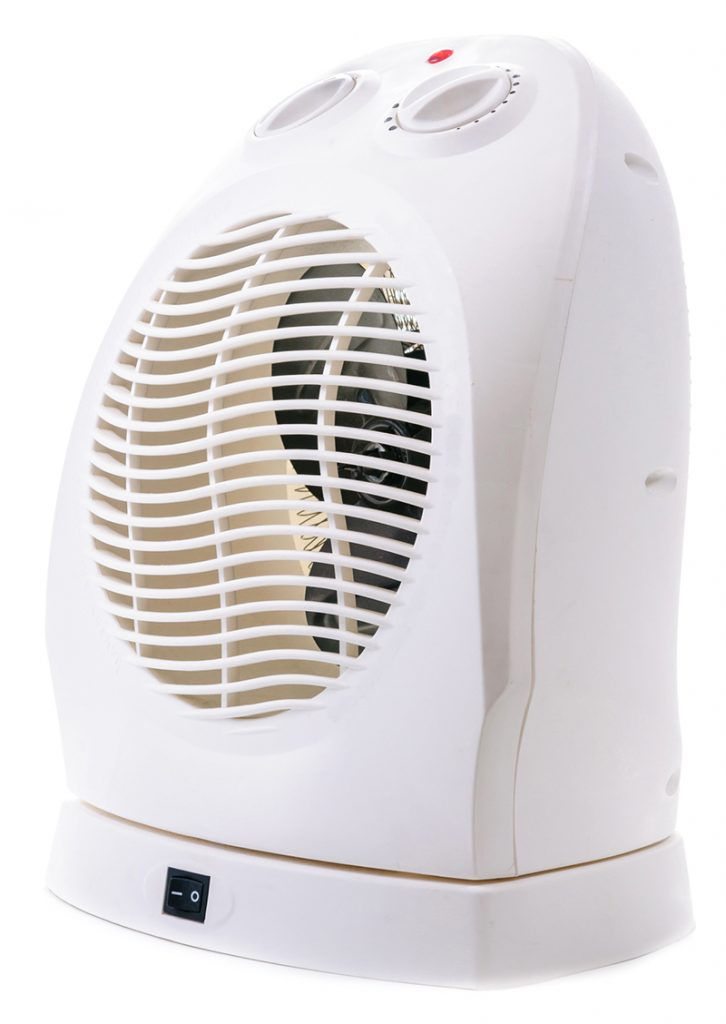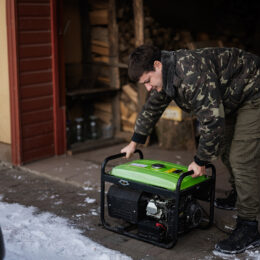
By Matt Walters
If you shiver when walking into particular areas of your home, you may have considered an electric space heater to warm up the area.
When used properly, electric space heaters can effectively (and temporarily) heat certain parts of your home. Yet many people mistakenly believe that using space heaters requires less energy than setting the thermostat to a higher setting. In fact, most of our winter high bill complaints involve people running electric space heaters! Some important aspects about space heaters to consider include:
Space heaters are not energy efficient.
ENERGY STAR®, which provides energy efficiency information and labels appliances meeting certain energy efficiency requirements, states on its website that it has no plans to label any model in the near future!
They are unlikely to save you money if you use them as a primary heating source.
An electric space heater is small but uses a lot of energy! A 1,500-watt heater running for eight hours each night for a month can add about $43 to your electric bill. Running multiple space heaters can run up your energy costs.
Consider air sealing and adding insulation if your home is drafty.
If your home feels very chilly, you may want to check that it is properly air sealed and insulated. Proper air sealing and insulation will keep more conditioned air in your home, lowering your long-term energy costs and keeping you comfortable.
Specific, sparing use.
Space heaters should only be used when you are in the same space. They should be used to heat a specific area (where you are) and should be used sparingly (when you are in the same space and you need to warm up).
Your local electric co-op’s energy advisor can give you specific details about your home’s energy use, and information about a home energy audit. A home energy audit will include actionable steps you can take to improve your home’s energy use. If you do choose to use a portable electric space heater, make sure to properly follow directions to ensure safe operation, as it can pose a fire hazard if used improperly.
MATT WALTERS is the energy advisor at Boone REMC in Lebanon, Indiana.



